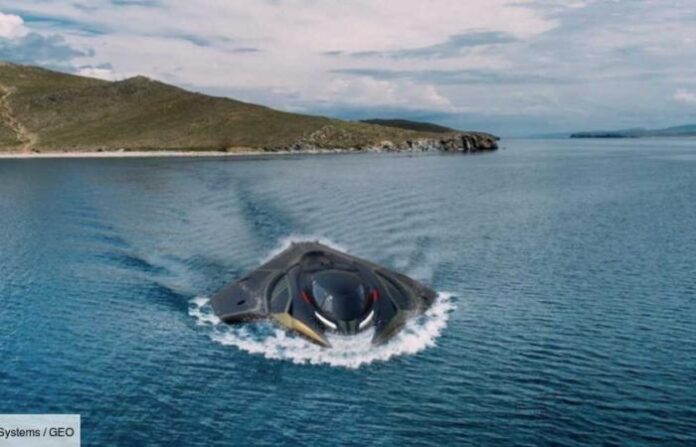During the opening ceremony of Exercise Sea Breeze at Glasgow’s King George V Dock, UK Defence Journal spoke with Rear Admiral Thomas Wall, Commander of Submarines NATO, about the significant role of NATO training in enhancing the operational capabilities of Ukraine’s navy.


